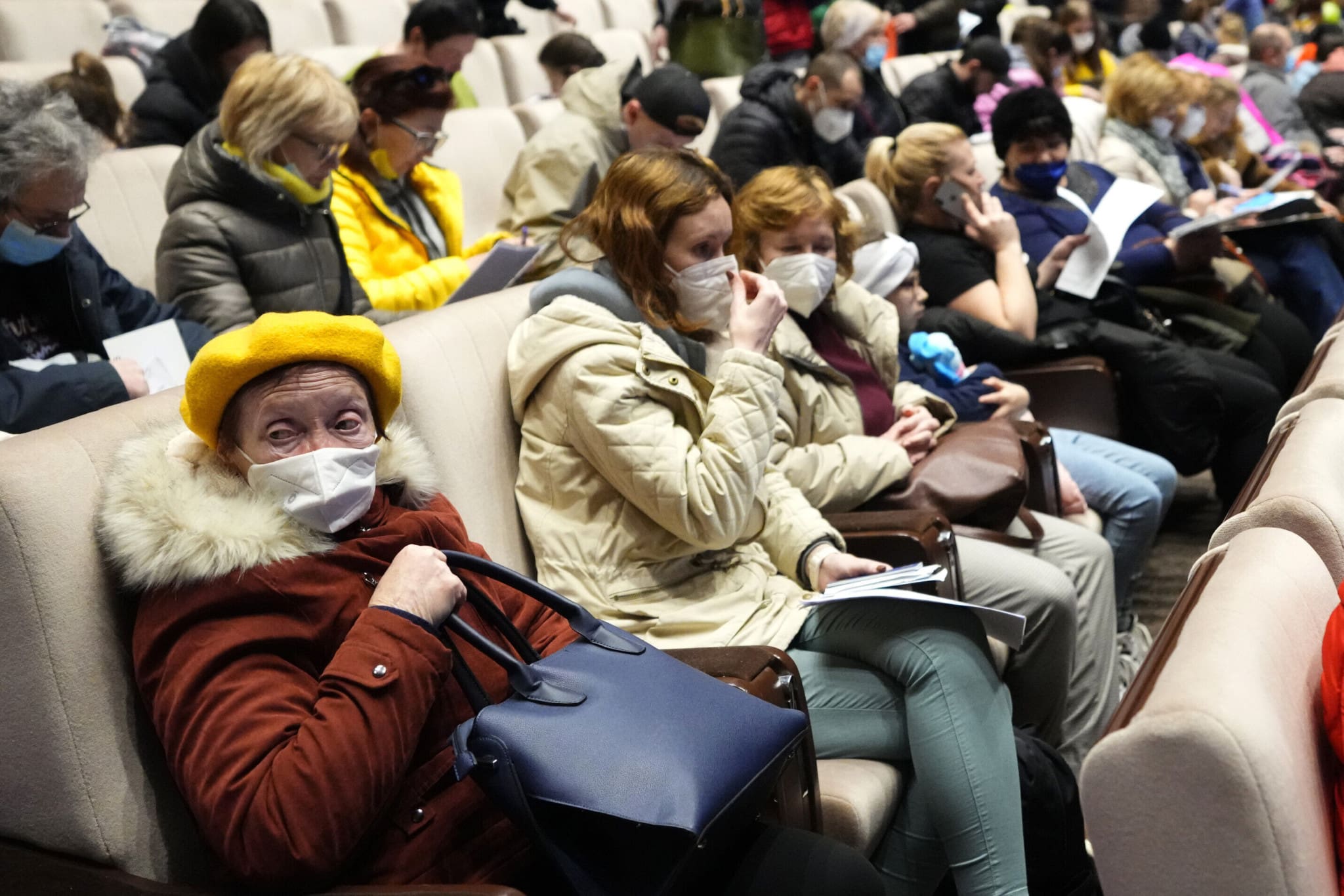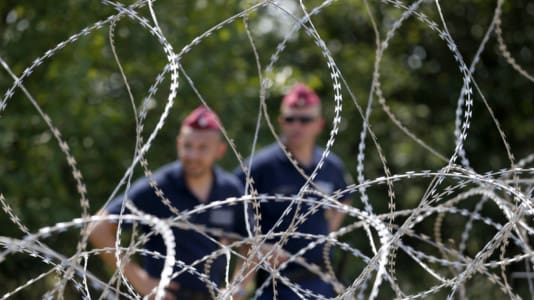Prague has a big problem with the influx of refugees from Ukraine, and the city’s mayor, Zdeněk Hřib, is warning that “the situation may lead to a ghetto,” with the capital in danger of collapsing due to low capacity.
According to the mayor, the individual regions in the country are unevenly burdened, with Prague arguably the hardest hit. The government must develop a functional system for effectively distributing refugees from Ukraine.
The dire situation has intensified in the last several days now, mainly at Prague’s railway station, where hundreds of mostly Roma refugees are sleeping. It is not evident whether these people came from Ukraine because they have both Ukrainian and Hungarian citizenship. The police are, therefore, ordered to check more strictly from next week whether the arrivals have a stamp from the Ukrainian border on their passports.
[pp id=35542]
“We are now waiting for the Hungarian side in this context. The inspection may take several days,” Hřib stated. “The group at the station consists of several hundred people. They are mostly women and children,” he added.
Since Wednesday, temporary accommodation in tents for 150 people with sanitary facilities has been built in the city, even though the Czech government has so far opposed it. According to Hřib, currently, this is not the most pressing problem.
“There are tens of thousands of refugees in Prague, four times more than in other regions. We cannot do without a relocation mechanism. I am waiting within a few days for the statement of Prime Minister Petr Fiala to whom I sent the letter,” he said.
[pp id=34871]
If there is no remedy, Prague will be forced to close the assistance center there. According to Hřib, it does not make sense to register other refugees without free capacity.
“In fact, we are going to build a ghetto here for Ukrainian refugees, which is fatal. There will be no adaptation or integration. Therefore, they must spread across regions with vacant capacity,” the mayor said, adding that he considered such a procedure the last option.
The state has several tools and can logically set up the redistribution of migrants, stated Hřib. He objected to the municipality being in charge of refugee policy. The government is said to be responsible.






